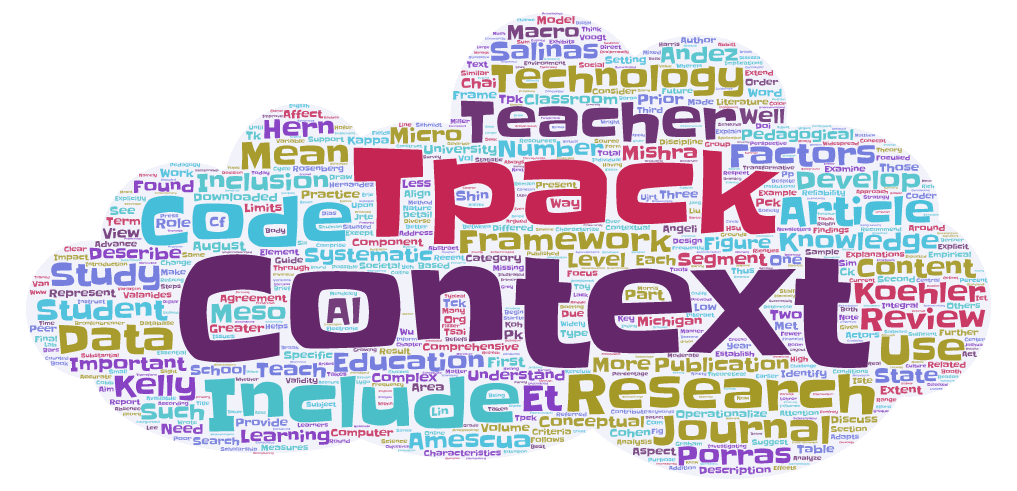Just got this from Tom Reeves at the CIMA conference, Twente University.
Allen, K. L., Galvis, D., Katz, R. V. (2006). Evaluation of CDs and chewing gum in teaching dental anatomy. The New York state dental journal. 72(4): pp 30-33.
Abstract: The purposes of this pilot study were: 1. to compare two methods of teaching dental anatomy-CD + lab vs. standard lecture + lab; and 2. to determine whether actively chewing gum during lecture, lab and studying would have an effect on learning. Only the written examination average scores for the gum vs. no gum chewing groups showed differences that appear to be educationally meaningful, though not statistically significant because of the limited number of subjects in this pilot study. This pilot study suggests that: 1. the cost-effective method of using a self-study CD is as educationally effective as a standard lecture; 2. gum chewing resulted in higher scores in the written examination; and 3. future, full-sized studies should be conducted to confirm these findings.
Hmmm… Does it inform us more about the impact of chewing gum, technology, or the bias caused by funding agencies (Wrigley’s funded the research). Discuss!
Another reference that Tom made was to a book by John Hattie, titled Visible learning: a synthesis of over 800 meta-analyses relating to achievement. A quick Google search revealed a following quotes from a blog Leading & Learning by Bruce Hammonds about the book. Hammonds says that Hattie’s book indicates that:
… the top teaching influences are: feedback, instructional quality, direct instruction, remediation feedback, class environment and challenge goals.
‘Expert’ (or ‘creative’) teachers, Hattie found, had real respect for their learners as people with ideas of their own. They are passionate about teaching and learning, able to present challenging learning tasks ensuring ‘deep learning’ ( able to be transferred) and show more emotionality about successes and failures in their work. They are able to make lessons their own, invite students to ‘engage’, integrating and combining new learning with students prior knowledge. Their expertise (‘artistry’) allows them to ‘read’ their classrooms and to be more responsive to learners.
… They are extremely flexible and opportunistic, improvising to take advantage of contingencies and new information as it arises. They are ‘greater seekers and user of feedback’. Interestingly research indicated that such teachers did not have written lesson plans but all could easily describe mental plans for their lessons. They were able to work intuitively and focus their energy on the creative act. Creative teachers indeed!
Interestingly it was pedagogical knowledge ( ‘the art of teaching’) rather than content knowledge that distinguished the ‘expert’ teachers.
Finally one more link to Design Based Resarch (the topic of Tom’s talk): http://projects.coe.uga.edu/dbr/


this is not what Rebekah and Denisha were searching for their Gum powerpoint project in tech-Ed:(